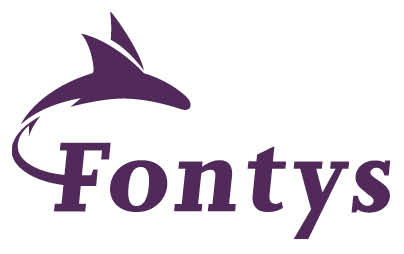In this short video I will share the result of my chat with Perplexity about how teachers can make exams AI-proof for their students.
I will also explain that there are 2 features of Perplexity that I like, when I compare Perplexity AI with other chatbots such as:
* ChatGPT from OpenAI,
* Claude AI from Anthropic.
Transcript of this video
Before you start writing our prompt, please remember to include some important aspects of good prompting techniques such as:
- Task,
- Tone of Voice,
- Your Role,
- The Role of the Chatbot,
- Format and
- an Example.
If you like to learn more about how to write good prompts, please watch my entire video about Prompting techniques.
This is the prompt that I used:
- Task: write a short letter to teachers in higher education with 5 recommendations to start re-thinking the design process for creating written exams.
- The Role of the chatbot: you are a an educational expert in designing exams and examination in higher education with 10+years of experience.
- My Role: I am a teacher in higher education with 15 years teaching experience with students.
- Format: a letter to fellow teachers
- Tone: formal
- Example: As an example I could include documents from the exam committee with guidelines for good exams, but for now I leave it blank.
There are three aspects that I like about Perplexity:
- The first aspect of Perplexity that I like is that the results are in line with my expectations. This is important, because the chatbot can hallucinate and give me incorrect or imprecise answers. As I read the first two recommendations of Perplexity, I like the suggestion to use real-world scenarios that you used as an example in your lessons.
- The second aspect that I like about Perplexity are these options to search images or a video related to your topic.
- The third aspect that I like about Perplexity is that Perplexity gives me Related questions, so I can refrase my questions if i Like to, such as:
- How can we incorporate technology to enhance the effectiveness of written exams
- What are some innovative methods to assess critical thinking skills in exams
- How can we ensure fairness and equity in the design of written exams

 Vind ik leuk
Vind ik leuk
Over Ronald Scheer
Ronald Scheer is an educator based at Fontys University of Applied Sciences in Eindhoven. Ronald is deeply engaged in the field of Engineering and is associated with the Robotics & Mechatronics professorship. In addition to his teaching role, he wears the hat of a skilled video and podcast creator within the professorship. Beyond the classroom, Ronald extends his expertise to assist fellow educators in crafting engaging learning materials for both online and classroom activities. His passion lies in enhancing the educational experience through multimedia content creation and innovative teaching methodologies.
- Web |
- More Posts(156)

